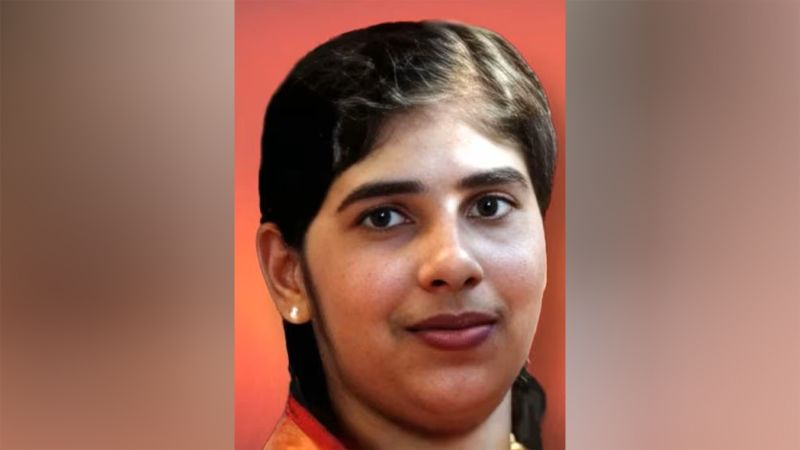Relatives of Indian nurse Nimisha Priya are racing against time to prevent her execution in Yemen, scheduled for Wednesday. Priya was sentenced to death for the murder of her former business partner, a Yemeni national, whose body was discovered in a water tank in 2017. After a trial in which she was not provided with a translator, Priya was given the death penalty by a court in the capital, Sanaa, in December 2020. Her family has been navigating a complex legal and diplomatic landscape to secure her release since then.
The situation is further complicated by the absence of formal diplomatic ties between New Delhi and the Houthis, who have controlled Sanaa since the onset of Yemen’s civil war in 2014. With the execution approaching, Indian media outlets have extensively covered the case, and human rights organizations are urging the Houthis to reconsider their decision. On March 4, Amnesty International called for an immediate moratorium on all executions, emphasizing that “the death penalty is the ultimate cruel, inhuman and degrading punishment.”
According to Samuel Joseph, a social worker assisting Priya’s family, there is a possibility for clemency under Yemen’s Islamic laws if the victim’s family pardons her and accepts a payment known as diyah, or blood money. Joseph expressed optimism about the ongoing efforts, stating, “I’m spiriting the efforts here, and by god’s grace, we got people who are helping.”
Allegations against Priya suggest she injected her former business partner with a fatal overdose of sedatives. Her family insists that her actions were in self-defense, claiming that her partner was abusive and had confiscated her passport following the outbreak of the civil war. The trial, conducted in Arabic, did not provide Priya with adequate language support, further complicating her defense.
To raise awareness and funds for Priya’s case, a group of activists and lawyers established the Save Nimisha Priya Action Council in 2020. Rafeek Ravuthar, an activist and council member, noted the challenges of negotiating with the victim’s family, particularly given the lack of an Indian embassy in Yemen. So far, the council has raised approximately 5 million rupees (nearly $58,000) for her legal fees and negotiations.
Politicians from Priya’s home state of Kerala have also advocated for her release. Chief Minister Pinarayi Vijayan recently sent a letter to Indian Prime Minister Narendra Modi, urging him to take action on Priya’s behalf. In February, India’s Minister of State for External Affairs told parliament that the government prioritizes the welfare of Indians abroad and is providing all possible assistance in this case.
Priya first arrived in Yemen in 2008, joining over two million people from Kerala searching for better opportunities in the Middle East. She started her career as a nurse and later opened a clinic in Sanaa in 2014 with financial support from her husband, Tomy Thomas. Their life took a tragic turn as the political situation in Yemen deteriorated, leading to escalating violence and instability.
Despite the risks, Priya chose to stay in Yemen to protect her business and support her family. The absence of an operational Indian embassy in Yemen means that all consular matters are handled through the Indian Embassy in Djibouti. This has forced Priya’s supporters to navigate complex communication channels to seek legal aid and protection in a war-torn nation.
In 2024, Yemen was among the top five countries with the highest number of executions, according to Amnesty International. The organization confirmed that the Houthis carried out at least one execution this year, although reports suggest that more may have occurred. Priya’s mother, who has been in Yemen for over a year to facilitate negotiations, sold her home in Kerala to fund her daughter’s legal battles. Meanwhile, Priya’s husband and daughter remain hopeful for her release, reinforcing their belief in her character.
“My wife is very good, she is very loving,” Thomas said. “That is the sole reason I am with her, supporting her and will do so till the end.”
